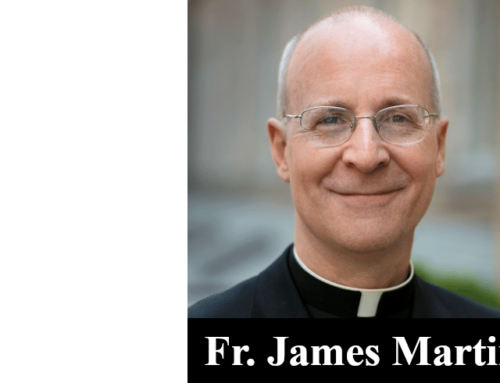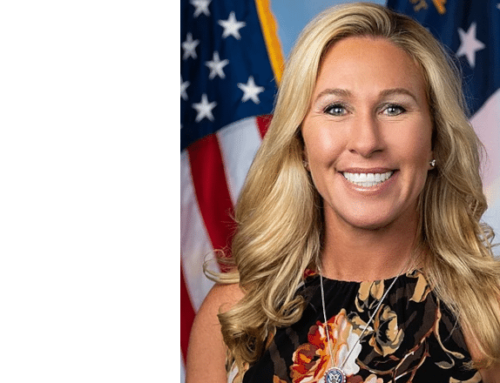Catholic League president Bill Donohue comments on the passing of Hugh Hefner:
Hugh Hefner’s legacy cannot be adequately assessed without addressing the sociological fallout of “The Playboy Philosophy.”
Hefner founded Playboy in 1953 and he quickly succeeded in making it an important cultural marker. He rebelled against his conservative Protestant parents, whom he called “very repressed,” and set out to rectify the problem by targeting Christianity.
In 1962, Hefner made his case for sexual freedom in his series, “The Playboy Philosophy.” While it is a stretch to call it a “philosophy,” it was much more than mere musings about matters sexual: it was a clarion call for libertinism, and a wholesale rejection of Christian sexual ethics.
The series lasted for two and a half years, and during that time virtually every deviant act noted by Christianity came under assault. To be specific, Hefner blamed Christianity for inhibiting sexual expression, accusing it of having too many rules against non-marital sex, homosexuality, bestiality, and the like.
Hefner’s reach was wide, finding a receptive home on college campuses. The men loved it. So did his friends: Roman Polanski was one of his best buddies, and Bill Cosby was a regular at the Playboy Mansion.
Every social observer agrees that the sexual revolution is unintelligible without noting the effect that Hefner’s philosophy played. But did it liberate?
When Playboy was founded, the birth control pill did not exist, abortion was illegal, and sex education was non-existent in the schools. Yet the rate of out-of-wedlock births was negligible, abortion was rare, and STDs were insignificant. Today, all three conditions have soared. Moreover, the spike occurred at a time when everything from the ABC’s of condom usage to the wonders of anal sex are taught in sex education classes all across the nation.
Anyone who thinks that Hefner’s legacy is one of liberation needs to explain why those who were the most likely to practice his philosophy wound up being anything but beacons of happiness. Want proof? Just ask the shrinks, and the morticians, in Hollywood.







